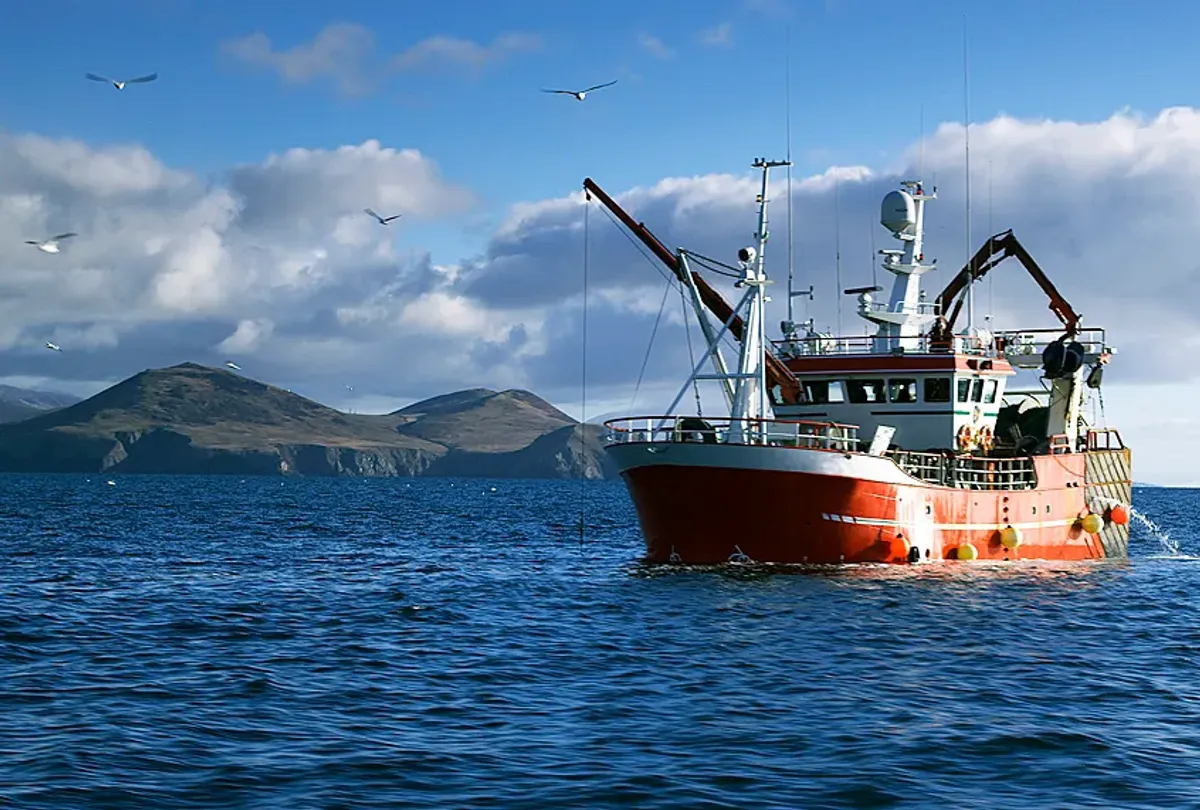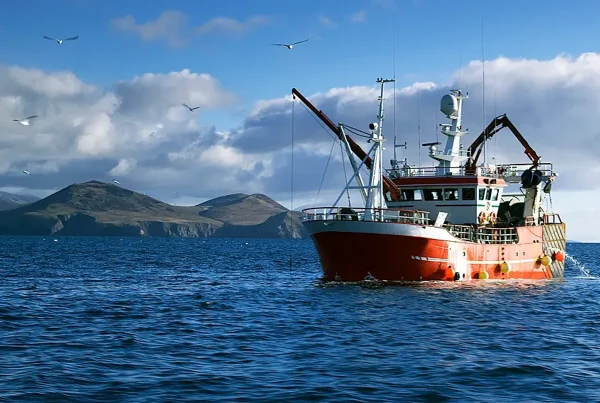

A recent study conducted by the ICC International Maritime Bureau (IMB), notes that reported piracy attacks world-wide are on the decline. Statistics documented in the latest edition of the Kuala Lumpur-based organisation’s report “Piracy and Armed Robbery Against Ships” found that the number of attacks through to the end of the 3rd quarter 2006 decreased to 174.

A recent study conducted by the ICC International Maritime Bureau (IMB), notes that reported piracy attacks world-wide are on the decline. Statistics documented in the latest edition of the Kuala Lumpur-based organisation’s report “Piracy and Armed Robbery Against Ships” found that the number of attacks through to the end of the 3rd quarter 2006 decreased to 174. This is 31 less attacks than the 205 that occurred in the first three quarters of 2005.
Of the 174 total attacks listed in the report, vessels were boarded in 113 cases and 11 ships were hijacked. 163 hostages were taken, 20 crew members were kidnapped, and six were killed.
Director of the ICC International Maritime Bureau, Pottengal Mukundan, stated: “While piracy continues to be a serious concern, credit for this welcome reduction in attacks must go to those law enforcement agencies responding to incidents in high risk areas. The IMB Piracy Reporting Centre (PRC) plays an important role by providing law enforcement with detailed information regarding the type and volume of attacks, as well as analyzing specific trends. In order to provide this information, the PRC relies on seafarers and ship owners to report piracy attacks, and we thank them for their cooperation.”
Although the number of attacks world-wide has declined, piracy continues to plague hotspots such as Bangladesh and Nigeria.
Bangladesh recorded an alarmingly high 33 incidents – 22 actual and 11 attempted. The majority of these attacks occurred in and around the port of Chittagong, making it the world’s most dangerous port. Attempts have been made to deal with the problem in Bangladesh, notably a recent joint coast guard and navy operation to capture pirates in the Bay of Bengal. This large-scale operation involved 17 naval vessels and 3,000 coastguard personnel who sought to clear pirate infested areas of the bay. Two pirates were killed in a fire fight that occurred during the operation.
Nigerian waters also remain extremely dangerous. Despite a relatively small number of attacks, six actual and three attempted, three of these attacks led to 17 crew members being kidnapped and held for ransom.
Nigerian attacks had great potential for violence, with pirates recorded as carrying guns, knives or both in most instances. A growing trend in Nigeria is the large number of pirates involved in attacks. In one instance, 40 people attacked a vessel from three canoes and kidnapped four crew members. In another, a ship was attacked by 23 pirates armed with knives. These attacks are symptomatic of a rise in the number of incidents against foreign oil workers in Nigeria.
Eight attacks were reported off the eastern coast of Somalia where pirates armed with guns and grenades attacked ships and fired upon them. Although there have been no recent incidents, the eastern and north-eastern coasts of Somalia continue to be high-risk areas for hijackings. IMB warns that ships not making scheduled calls to ports in these areas should stay at least 75 miles or as far away as practical from the coast.
One area that has seen a reduction in piracy attacks is Indonesia. Incidents of piracy and armed robbery in Indonesian waters dropped from 61 to 40 in 2006, versus the same period in 2005. However, Indonesia still accounted for more attacks than any other country, consolidating its position as the world’s hottest piracy hotspot.
Elsewhere, the IMB report notes that the Malacca Straits have been dropped from Lloyd’s of London’s list of dangerous waterways. This decision is thought to be largely the result of improvements to security implemented by the littoral states bordering the Straits. Worldwide, there have been more attacks on container ships (37/24) and fishing boats (15/3) in the first nine months of 2006 compared with the same period last year, while the number of attacks on bulk carriers, general cargo ships and tankers have diminished.
The IMB’s latest report on piracy seeks not only to list the facts, but also to analyze developments in piracy and to identify piracy-prone areas so that ships can take preventive action. On a trial basis, IMB is offering “Piracy and Armed Robbery Against Ships” free of cost. A copy of the report can be requested at www.icc-ccs.org.






